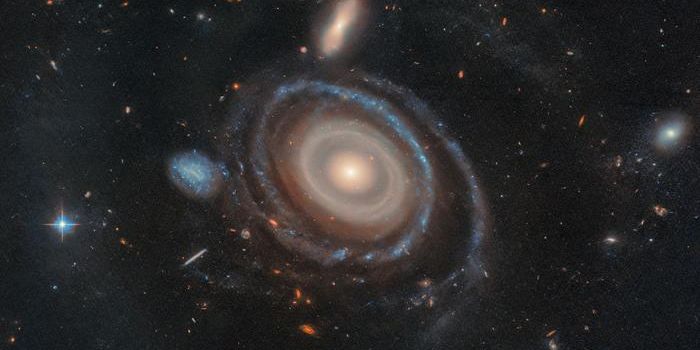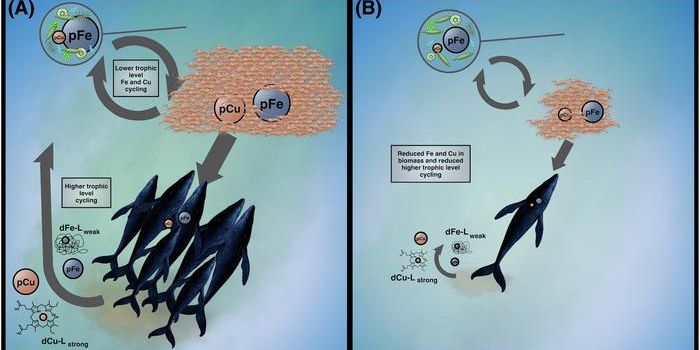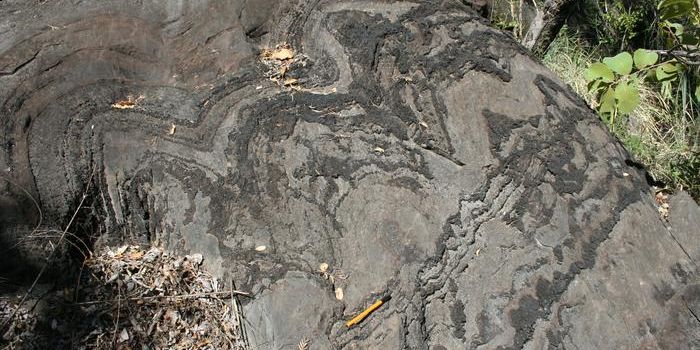The Unruh Effect: Something out of Nothing?
Here is a strange scenario physicist W. G. Unruh had pondered half a century ago: from the perspective of an accelerating observer or detector, empty space or vacuum would appear to be filled with thermally warm particles. The faster the acceleration, the warmer temperature.
Alternatively known as the Fulling–Davies–Unruh effect, this rather bizarre prediction in quantum field theory produces two contrasting consequences for two observers: for those accelerating, they will witness blackbody radiation, a thermally warm bath of radiation full of particles, and for those traveling at a constant speed, no radiation will be observed.
What is this yet-to-be-proven prediction important? It shows that the concept of the number of particles is only frame-dependent, and have nothing to deal with gravity, even though the two concepts are closely related. The Unruh effect also resonates with the idea of Hawking radiation. The radiation, named after the famed physics pioneer, is hypothesized to stem from black holes despite the latters' enormous gravitational pull.
Source: PBS Space Time via Youtube








